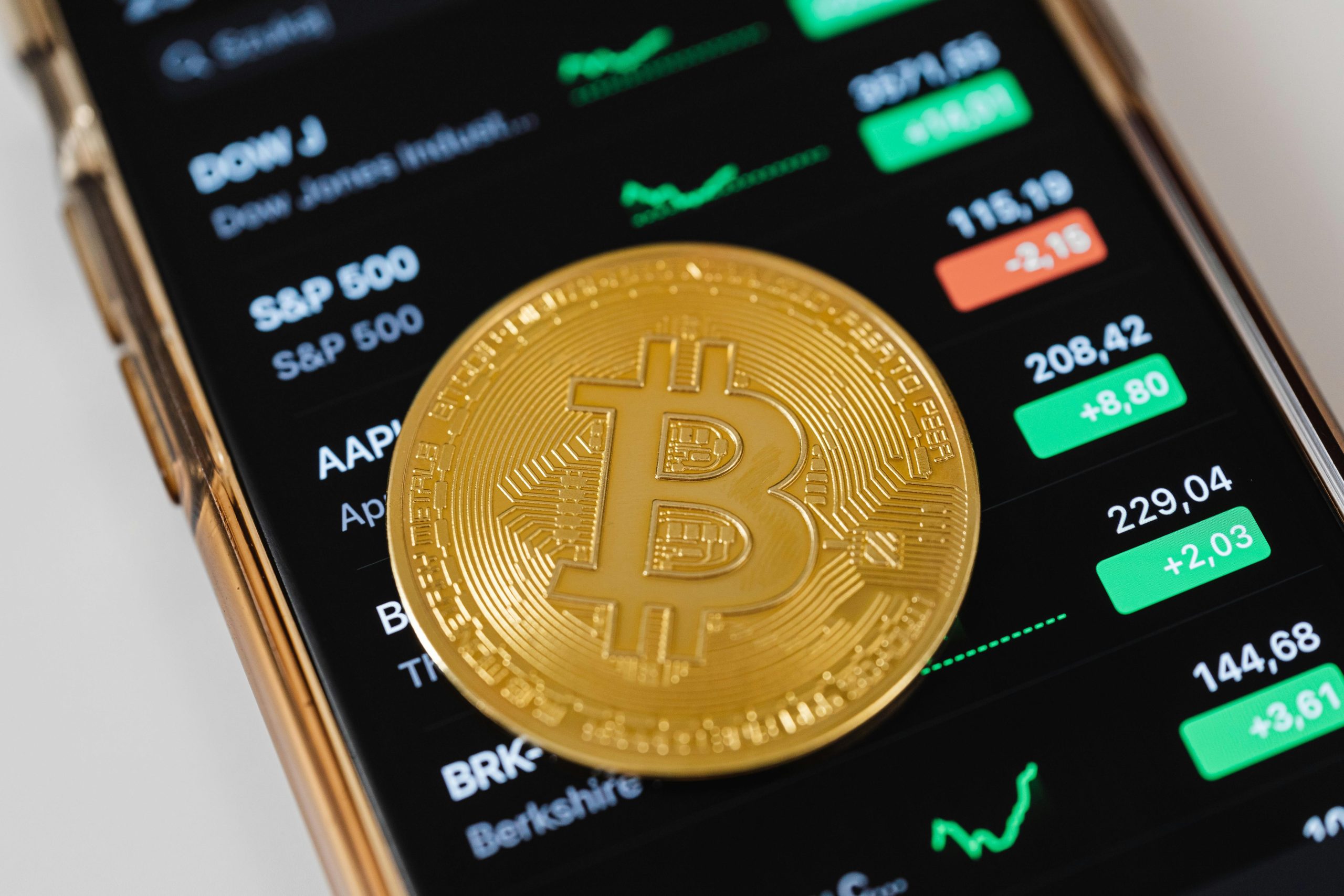The U.S. Federal Bureau of Investigation (FBI) uncovered a cryptocurrency market manipulation scheme involving 18 individuals and four major crypto companies. As part of the investigation, the FBI created its own Ethereum-based token, NexFundAI to learn more about the scheme.
An indictment from a Boston federal court accuses the defendants of “wash trading” and other misleading practices to inflate crypto token values. Wash trading is when the same entity buys and sells an asset to fake high demand, misleading investors. The FBI’s new token helped the agency access firms involved in this fraudulent activity.
The companies implicated include Gotbit, ZM Quant, CLS Global, and MyTrade. Jodi Cohen, an FBI Special Agent, highlighted the operation as an innovative approach to identify and bring these suspects to justice.
Read more: Many North Korean IT Unknowngly Working for Crypto Companies, Contribute to Kim Jong Un Regime
The scheme allegedly manipulated the prices of over 60 tokens, including the Saitama Token, once valued in the billions. The defendants used fake trading activities to attract new investors and then sold their tokens at inflated prices, engaging in pump-and-dump schemes.
To carry out these wash trades, they used market makers like ZM Quant and Gotbit, executing fake transactions through multiple wallets, making the tokens seem more appealing to investors. One guilty market maker admitted that their tactic was to make buyers lose money so that they could profit.
Read more: Not Len Sassaman, This Is The Profile of ‘Peter Todd’ Believed as Satoshi
The FBI seized over $25 million in cryptocurrency and disabled trading bots responsible for millions in fraudulent trades. Some defendants have already pleaded guilty or are negotiating deals, while others have been arrested in the U.S., U.K., and Portugal.
Assistant U.S. Attorney Joshua Levy stated that wash trading is illegal in both traditional and cryptocurrency markets. He emphasized the need for investors to stay informed and cautious to avoid falling for scams. The defendants face up to 20 years in prison for market manipulation and wire fraud.













Leave a Reply